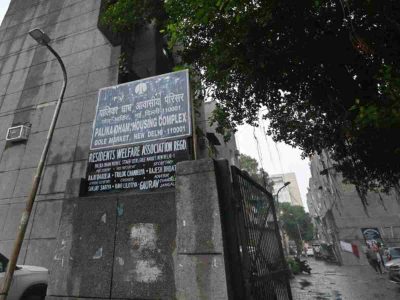The Delhi High Court has granted a compensation of Rs 50,000 to a man who was unlawfully detained by city police in a lock-up for approximately half an hour, expressing concern over the mistreatment of citizens by officials whose conduct it deemed “appalling.”
In an effort to convey a “meaningful message,” Justice Subramonium Prasad directed that the compensation should be deducted from the salaries of the responsible police officials.
The court noted that the authorities had acted high-handedly, disregarding the petitioner’s liberty and failing to follow due legal procedures. The petitioner was taken into custody without any apparent reason and placed in the lock-up.
Even though the petitioner’s detention was brief, the court emphasized that the duration could not absolve the police officers of their responsibility to adhere to established legal procedures. The court, in its order dated October 5, stated, “This court is of the opinion that a meaningful message must be sent to the authorities that police officers cannot be law unto themselves. In the facts of this case, even though the illegal detention of the Petitioner was only for about half an hour, this Court is inclined to grant compensation of Rs.50,000/- to the Petitioner, which shall be recovered from the salaries of Respondents No.4 and 5.”
The petitioner claimed that he was detained without formal arrest by local police in September of the previous year following a complaint about a dispute between a woman and a vegetable seller. He sought compensation for the violation of his personal liberty.
The court observed that the petitioner was taken into custody without an FIR against him, which contradicted his right to personal liberty under Article 21 of the Constitution of India. It expressed deep concern over the high-handed actions of the police, emphasizing that the citizens’ constitutional and fundamental rights were being disregarded.
The court stated, “This Court is troubled at the way the citizens are being treated by the Police authorities who behave as if they are above the law.” It further emphasized that a mere censure would not be sufficient as a deterrent, considering the circumstances of the case, and opted for compensation as a more effective measure.
(With PTI inputs)





